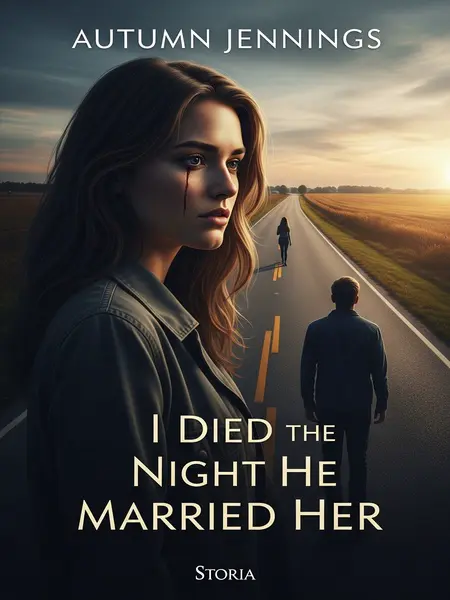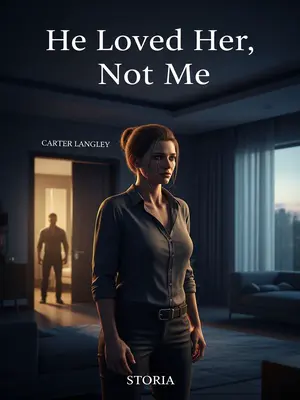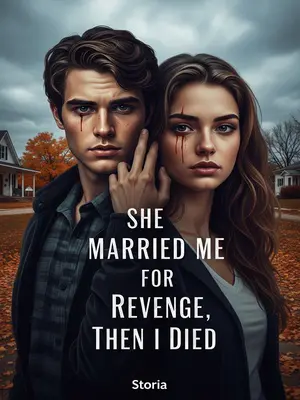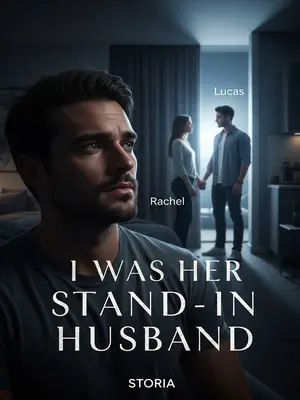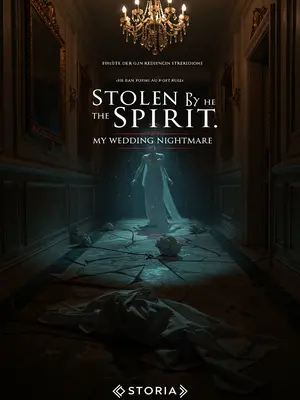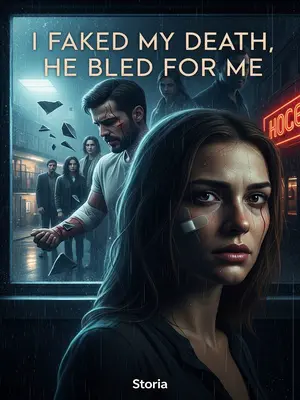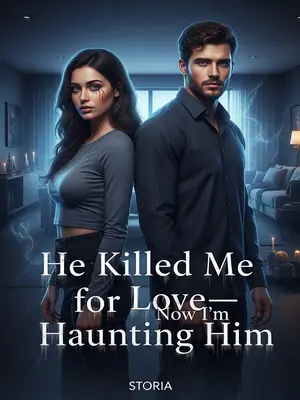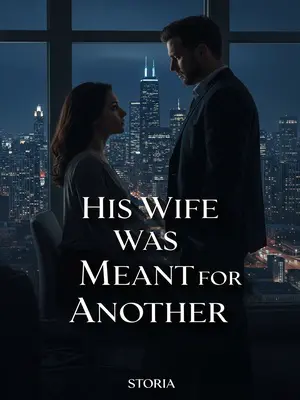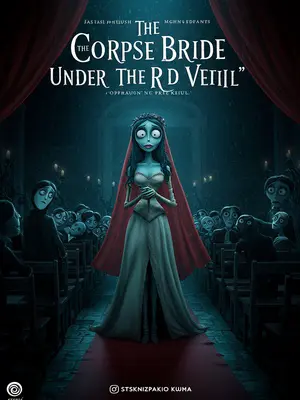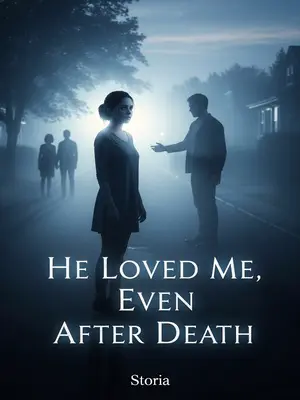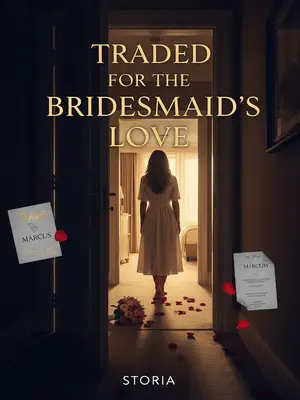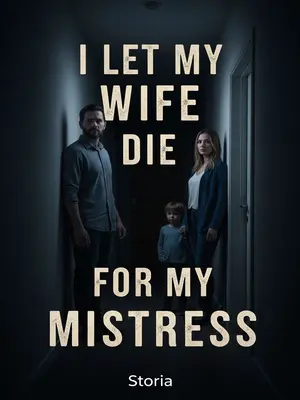Chapter 2: Growing Up in Someone Else’s Story
She’d bake apple pies just for me, sneak me extra cookies when no one was looking, and always had a warm blanket ready on cold nights. She called me "her little star" and told me stories about the Shaw women—how fierce they were, how they never backed down from anything.
Back then, Eli always wanted to hang out with me. I never really knew why, but he’d show up at my door, ready for the next adventure. He’d sneak me out to puppet shows, teach me how to fly kites, and take me horseback riding whenever he could talk someone into saddling up a pony for us.
He was fearless, dragging me into every wild scheme he dreamed up. We’d sneak out past curfew to catch fireflies in mason jars or race our bikes down the gravel drive until our lungs burned. Eli made me feel like the world was bigger than the walls of that house.
Every year on Memorial Day, he’d find the perfect spot out in the countryside. Risking getting grounded by my uncle, he’d take me out for a spring picnic and kite-flying. Lying in the grass, feeling the sun on my face and the wind in my hair—I loved that freedom more than anything.
We’d sprawl on our backs, watching clouds drift by, chewing wild grass, making up stories about the shapes overhead. The smell of fresh-cut hay, lemonade from Grandma’s thermos, Eli’s laughter echoing across the fields—those are the things I remember best. For a little while, it felt like the world belonged to just us.
But what I wanted even more was to ride a horse like Eli, to tear across the fields with nothing holding me back. I wanted to feel that kind of wild freedom for myself.
When I was little, I asked him, “Why are you so nice to me?”
He was sitting cross-legged on my window ledge, chewing a blade of grass, his words a little muffled. “Because you’re my little sister.”
He said it like it was obvious, like that explained everything. I remember feeling a little let down—though I couldn’t have told you why, back then.
“Oh,” I replied.
He shot me a sideways glance. “Oh? That’s it?”
For a second, I just stared at him—his bright eyes, his messy hair, the way he looked like trouble and sunshine all at once. It was like I could already see the heartbreaker he’d grow up to be.
“Then what do you want?”
Eli plucked the grass from his mouth, hopped down from the window with that wild streak he’d never lose.
He landed light, grinning like he’d just pulled off the world’s best prank. There was a spark in his eyes that made you think he could do anything if he wanted to.
“I haven’t thought about it yet. I’ll tell you when I do, kiddo.”
I blushed, jumped up, and pretended to smack him, but he dodged like a rabbit, three feet away before I could even try. God, I can still see that smug little face in my mind.
He stuck his tongue out and darted away, his laughter trailing behind him. Even now, if I close my eyes, I can see that cocky little grin clear as day.
The moonlight poured over the roof, lighting up his back as he walked away, step by step, until he was gone.
I pressed my hot cheeks, but my heart wouldn’t settle down. I just kept repeating to myself: he likes the heroine, he likes the heroine. That’s how it’s supposed to be, right?
Later, when I got older, Grandma brought in the best teachers from Maple Heights to teach me piano, chess, painting, and creative writing. She wanted me to be the most accomplished girl in town.
They tried to make me a proper lady—etiquette lessons, recitals, afternoons spent learning to monogram napkins. But I just wanted to look out the window and watch Eli and the boys practice drills in the yard. I’d have traded every dress for a pair of boots in a heartbeat.
But none of that was for me. I wanted to learn martial arts, to see the wild places Eli always talked about.
So I begged my uncle, Henry Shaw—the one in charge of everything at Whitmore.
I told him, “I want to learn to fight. I want to be a general, too.”
Uncle just laughed and told me my mom wanted the same thing when she was young. “You’ve got the fire of a Shaw woman in you,” he said. “That’s a good thing, you know?”
He ruffled my hair and said the world needed more girls like me—brave, stubborn, unafraid to get a little dirt under their nails. That made me feel ten feet tall.
So, with Uncle cheering me on and Grandma grumbling in the background, I marched out to the old training yard, ready to learn to fight beside Eli.
The red-tasseled spear was the one that caught my eye right away.
It felt just right in my hands—solid, balanced, fierce. The other kids said girls weren’t supposed to fight, but Eli just grinned at me. “Don’t listen to them. You’ll show ‘em.”
So after that, Eli practiced sword, and I wielded the long spear. With the red tassel flying, I felt unstoppable.
We’d spar until our arms were jelly, sweat soaking our shirts. Sometimes we’d just collapse in the grass, laughing until our sides hurt. Those were the best days—days when I felt like I could do anything. Man, I miss that feeling.
I loved that rush. But more than anything, I just wanted to run wild, to feel free.
But it drove me nuts that, no matter how hard I tried, Eli always beat me at sparring. He was always a step ahead—faster, stronger, just a little bit braver. I swore I’d beat him one day. I really did.
Still, I had my pride. The more we sparred, the bolder I got. Who cares if I’m a girl? I’d get there, someday. One day, I’d master that spear.
When I was twelve, everything shifted. There was a new president in office. Uncle Henry Shaw got promoted to Commander of the North, sent way out to the border. Mason, the oldest son, became valedictorian and headed off to the Ivy League. For a while, the Shaws were the talk of the town.
There were parades, banners strung up on Main Street, the mayor giving speeches. People said the Shaws were like American royalty. I felt proud. But I also felt…left behind. Like the world was moving on without me.
Back then, Eli and I were both wild and full of energy. In the training yard, Eli was kicking leaves, glancing up at me every so often. I didn’t even have to look to know he was judging me for not appreciating the moment. I put away my spear, stood behind him, and just stared, waiting for him to notice.
But the boy in front of me looked everywhere but at me. Typical.
This kid… so full of himself. Seriously.
Eventually, Eli couldn’t take it anymore. “Isn’t it just going out to play for a bit? It won’t mess up your training. Besides, you’ve got me, the future commander, teaching you. What are you afraid of?”
Inside, I was hopeless for him, but I wouldn’t give in. “Today’s the day you meet the heroine. I’m not going to play third wheel.”
Eli nagged me like an old man: “I think you’ve trained so much you’ve lost your mind. You need some fresh air.”
I’m the kind who can’t stand someone talking my ear off.
Eli just kept at it, talked my ear off until I was ready to scream.
Finally, I snapped and yelled, “You idiot, don’t you get it? I want to take you out for some fun—for crying out loud! It’s for your own good!”
He looked so hurt. In this house, people usually waited on him, not the other way around. He wasn’t used to being the one left out.
He was so mad his face turned bright red—honestly, it was kind of adorable.
His eyes, shining like jewels, were watery, reflecting my own face. I caught my reflection and saw a stubborn girl in red staring back.
And that boy in the red hoodie, all wild energy and bright eyes—he was the owner of those eyes.
Suddenly, I remembered—in the original story, Eli always wore black. For a second, it felt like something inside me cracked.
I reached out, tugged his sleeve. “Don’t be mad, I’ll go, okay?”
He looked stunned, then even redder. He snorted, folded his arms across his chest, and turned away, all huffy.
“You have to make me mad before you’ll agree.”
His ears were so red—God, he was cute.
Maybe I’d started a butterfly effect. That day, Eli took me out to play and didn’t meet Savannah.
